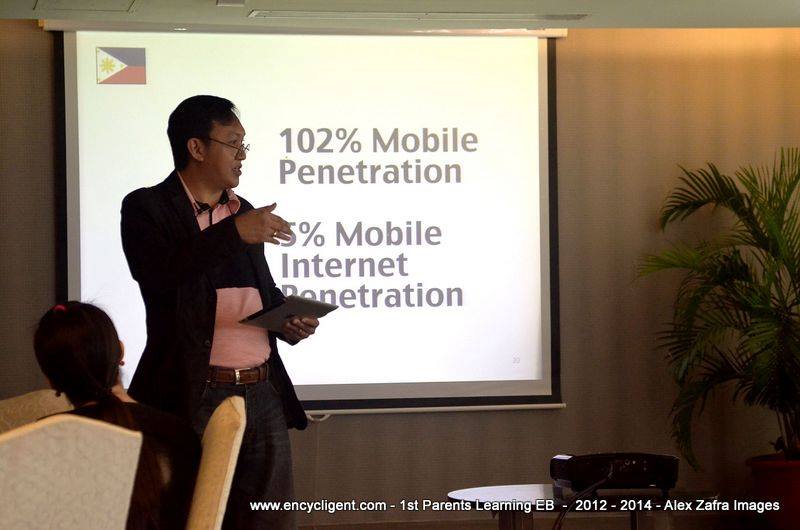With the increasing internet penetration rate, popularity of social media, content on demand, and mobile computing, there is a need to reboot our appreciation of social capital.

Social media is a potent force when the public will speak in unison for or against an issue. A few examples in mind are 1] the public backlash against the mother of Mary Jane Veloso for being ungrateful to the government, and 2] the Mamasapano backlash against PNoy and the MILF.
What can swing a negative public opinion is social capital.
So worth watching in the next few months is how the public will react with MVP (Manny V. Pangilinan) stepping down as President of SBP because of disgruntled stakeholders. Can his accomplishment in Philippine Basketball good enough for him to win the PR war?
What is social capital?
Social capital, according to Dekker and Uslaner 2001, is about the value of social networks, bonding similar people and bridging between diverse people, with norms of reciprocity.
Furthermore, Sander (2002, p. 213) stated that ‘the folk wisdom that more people get their jobs from whom they know, rather than what they know.
On the other hand, Adler and Kwon (2002) identified that the core intuition guiding social capital research is that the goodwill that others have toward us is a valuable resource. As such they define social capital as ‘the goodwill available to individuals or groups.
read more about the definitions here (link is no longer available)
How important is social capital in the social media era?
Unlike the networking of yesteryears, time and distance do not matter in social media era. People with common interest can connect real time, online and influence each other. Information travel as fast as the click of a keypad or keyword. Brand and employer reputation is shaped by people who passed this to their circle of influence.
How social capital affects People Management?
In an era of fierce competition to get the best talent, social computing is a double edged sword. While access to talent is made easy using vertical social networking sites, social web also shapes the online reputation of the employer. Which in turn, affect recruitment efforts.
With these, what should HR practitioners do?
While a company, by policy, can penalize employer bashing online, it is far better to develop a culture of mutual respect. An overflowing body of water will always find a way to spill over. So in application, rather than restrict the flow, just ensure that the water is good, value adding to where it will spill over. Let me explain my point with this personal experience of mine:
We were opening a new center years ago at Cagayan de Oro when one of the board members of Del Monte Phils invited us for a trip to their Bukidnon plantation. It was a cool experience capped by a meal in their stake house. What made this experience worth sharing is the chance encounter with one of the employees. He insisted to visit their home [company provided inside the plantation] so he can offer us a drink. His satisfaction with his work and employer is spilling over unintentionally. It speaks of the social capital gains made by the employer.
How to invest on social capital
Invest on goodwill.
While the tangible effect to this may not be obvious, in the long haul and during a crucial period, the goodwill you invested on people [or lack of it] will spell the difference. Here’s another personal experience to illustrate my point
I was a newly appointed HR Manager then in my previous employer. Unfortunately, after I assumed the position, employees decided to form a labor union. It was a rough time for my managerial career still at its infancy stage. I thought then, matters like this is not what I needed. Regardless of what we say or do, the leaders of the labor union don’t care. The collective broken promises and bad leadership example of the present and past associate managers took its toll. But the goodwill invested by senior management in the past spelled the difference when certification of election came. Majority of employees voted against the union.
Engage employees both online and offline.
If your workforce is dominated by the millennials , HR has to take lead to make the organization relevant to the times. Your philosophy on social media will define the outcome, social media can only be as good or as bad as you want it to be. Tag social media as a productivity buster and it’ll be, take it as a tool of the trade, develop a guideline and it will give you good results.
Furthermore, keeping the millennial generation engage can prevent them from leaving your company. Ensure that you have a clear value proposition and there are employee programs that will not only keep them engaged, but will also bring a sense of purpose.
Provide and conduct more learning and performance development programs.
The programs, undoubtedly, speaks about your performance. But an audience with your stakeholders is an opportunity to connect in a personal way. If used properly, the gains on social capital is substantial.
Use social media to enhance and develop positive employer branding.
Establish your online presence in the talent market, this will help HR in attracting talents. Engage the online community in general and participate in activities that will invest goodwill.
What I just shared is enough to jumpstart programs to increase social capital gains. Do you know of other strategies that are worth discussing? Let us know!





